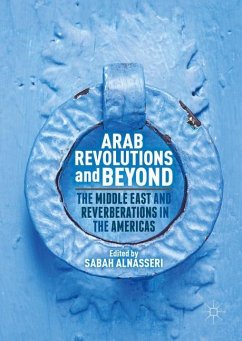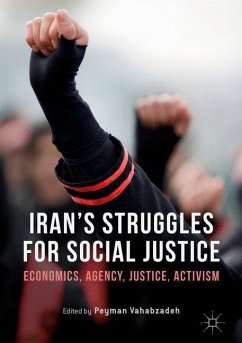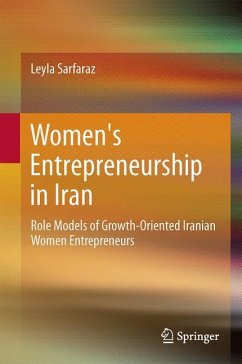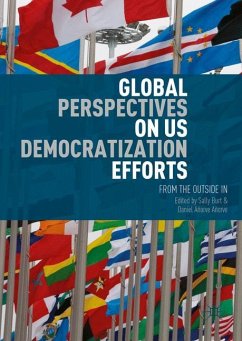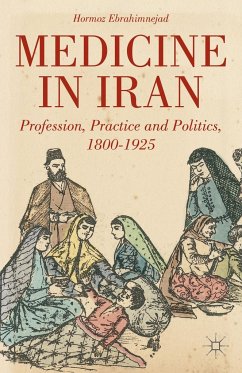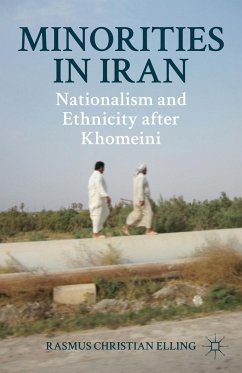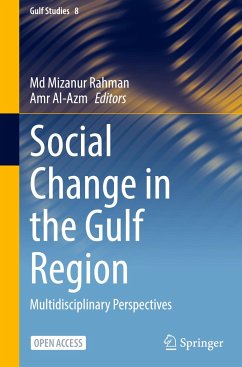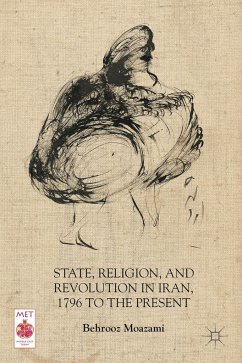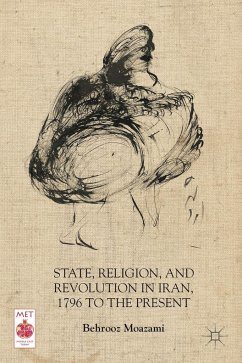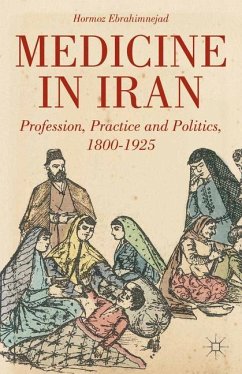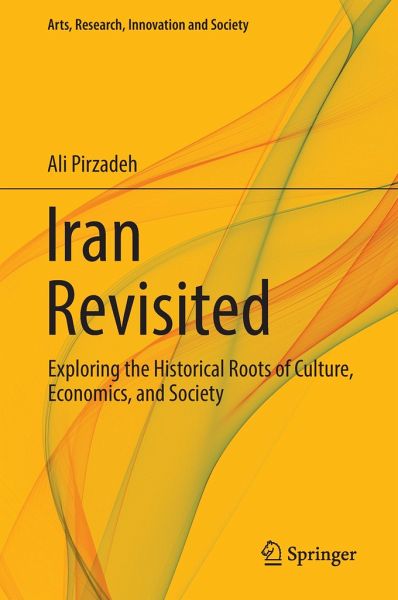
Iran Revisited
Exploring the Historical Roots of Culture, Economics, and Society
Versandkostenfrei!
Versandfertig in 6-10 Tagen
76,99 €
inkl. MwSt.
Weitere Ausgaben:

PAYBACK Punkte
38 °P sammeln!
This book examines Modern Iran through an interdisciplinary analysis of its cultural norms, history and institutional environment. The goal is to underline strengths and weaknesses of Iranian society as a whole, and to illustrate less prescriptive explanations for the way Iran is seen through a lens of persistent collective conduct rather than erratic historical occurrences. Throughout its history, Iran has been subject to many studies, all of which have diagnosed the country's problem and prescribed solutions based on certain theoretical grounds. This book intends to look inward, seeking cult...
This book examines Modern Iran through an interdisciplinary analysis of its cultural norms, history and institutional environment. The goal is to underline strengths and weaknesses of Iranian society as a whole, and to illustrate less prescriptive explanations for the way Iran is seen through a lens of persistent collective conduct rather than erratic historical occurrences. Throughout its history, Iran has been subject to many studies, all of which have diagnosed the country's problem and prescribed solutions based on certain theoretical grounds. This book intends to look inward, seeking cultural explanations for Iran's perpetual inability to improve its society. The theme in this book is based on the eloquent words of Nasir Khusrau, a great Iranian poet: "az mast ki bar mast". The words are from a poem describing a self-adoring eagle that sees its life abruptly ended by an arrow winged with its own feathers-the bird is doomed by its own vanity. The closest interpretation ofthis idiom in Western Christian culture is "you reap what you sow", which conveys a similar message that underlines one's responsibility in the sense that, sooner or later, we must face the choices we make. This would enable us to confront - and live up to - what Iran's history and culture have taught us.



